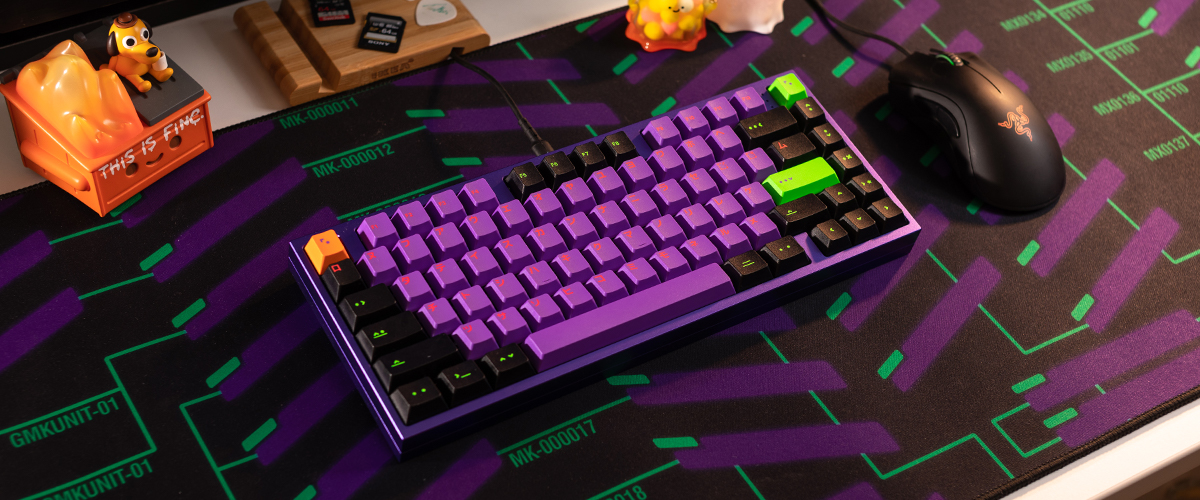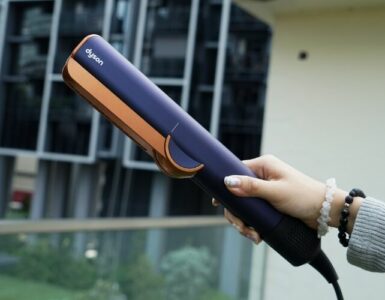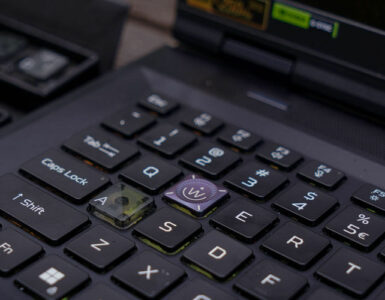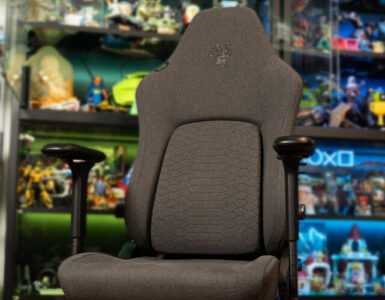- Shares
- 138
Like the computer mouse, the keyboard has been an accessory that was long neglected until recently, when brands started to give the peripherals some love. It then progressed into the niche custom keyboard building hobby, which has since blown up and users started to fret over their typing instrument.
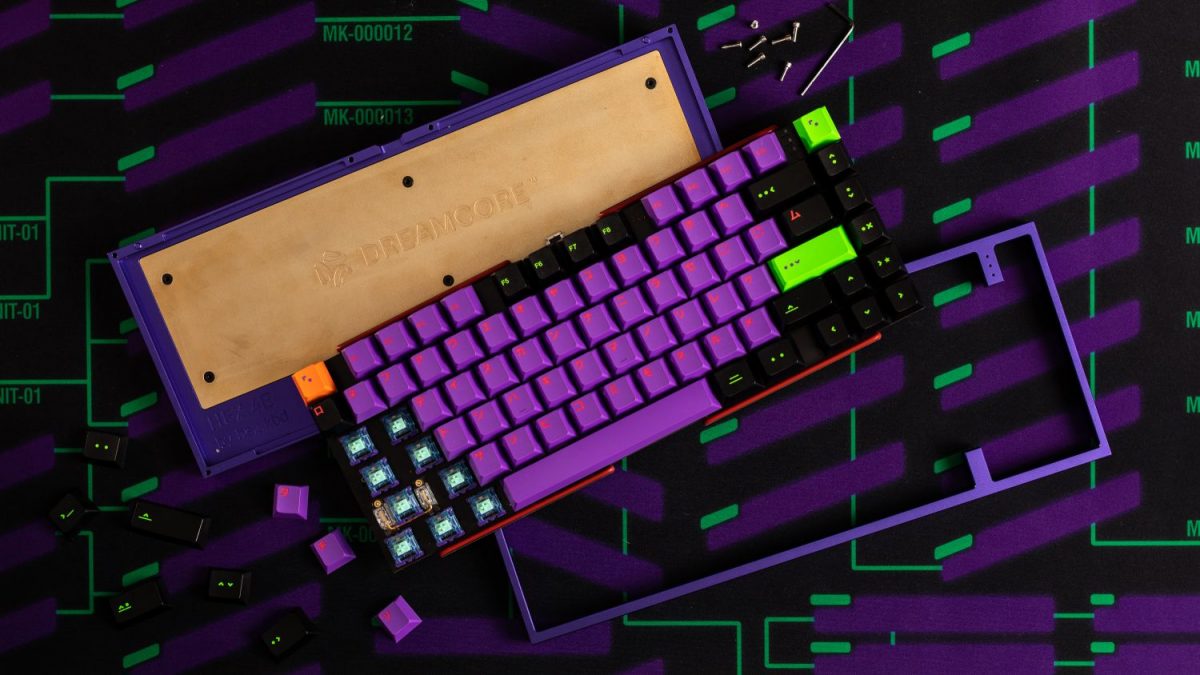
Since then, users have moved beyond the standard 104-key version, and adapted their use towards keyboards of various sizes and varieties, and more recently, the 75% layout has gained a huge boost in popularity, and it’s easy to understand why. This particular iteration removes the number pad and the lesser used keys in the navigation cluster, while keeping the arrow keys and the F-row at the top. For hobbyists, it makes sense to want an option that maintains a certain level of functionality, which is exactly what the 75% layout does.
The Hex.4B by Hex Keyboards is a 75% custom keyboard, with 81 keys, housed in an anodised aluminium case, and the Dreamcore edition comes in a handsome deep purple that doesn’t grow old on the eyes. Anodisation is done well with no visible manufacturing defects on the outside case that’s held together by seven hex screws, accessible via the base of the board.
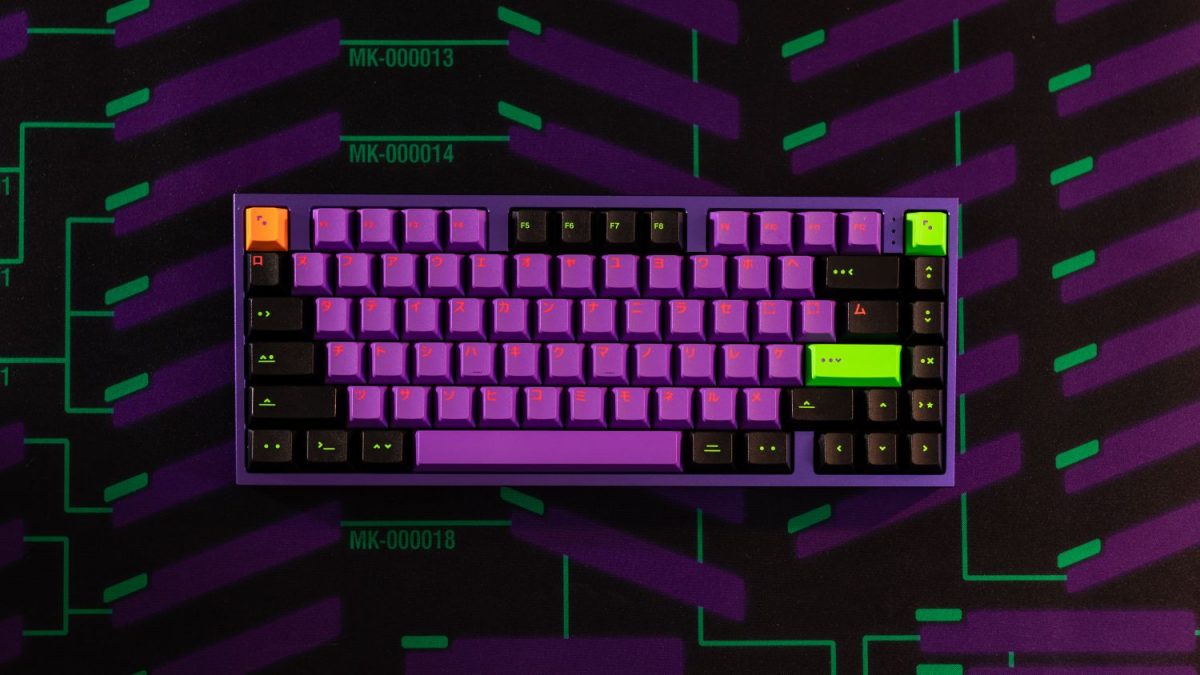
The overall design of the board can be said to be rather plain as it is basically a metal rectangle, although the modest design can be appreciated. The top row is symmetrically spaced out with blockers, with a single blocker separating the arrow keys from the alphanumeric cluster. Edges on the top case are slightly bevelled, but the board, on a whole, keeps the look of being blocky and having sharp edges throughout.
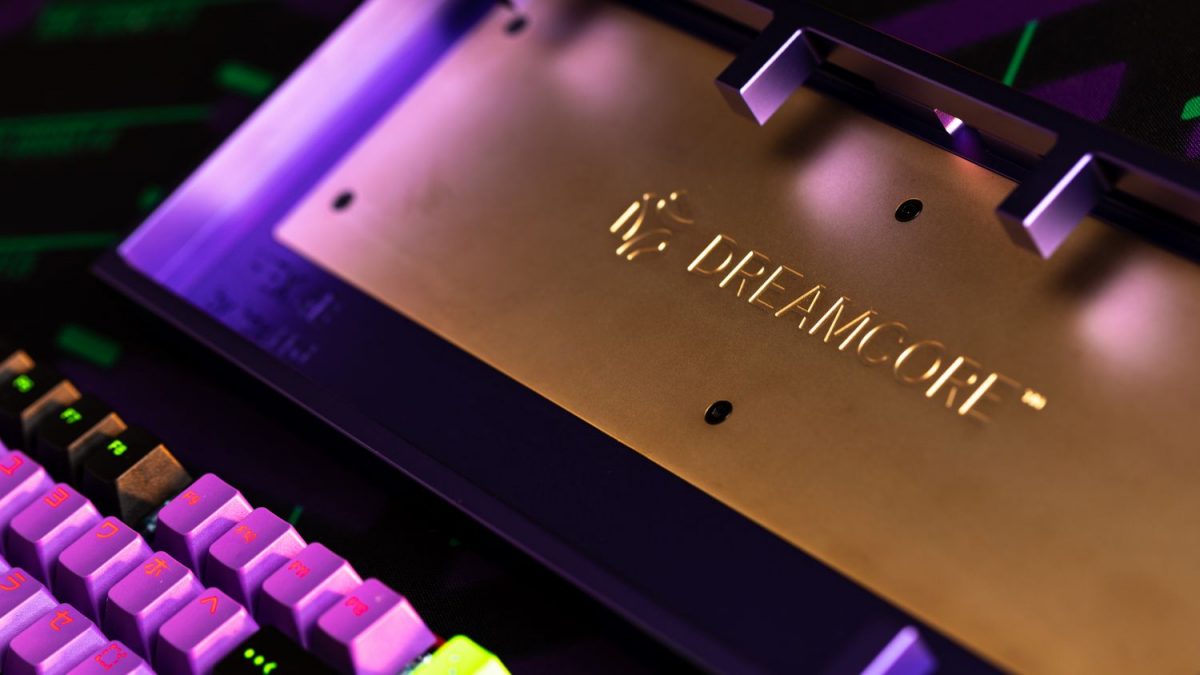
There is an internal brass weight to enhance acoustics and provide a certain heft to the board. Fully built, the board weighs in at slightly more than 2kg. However, it feels like a wasted opportunity not to let the brass weight be visible on the bottom of the board, as it comes engraved beautifully with the Dreamcore logo.
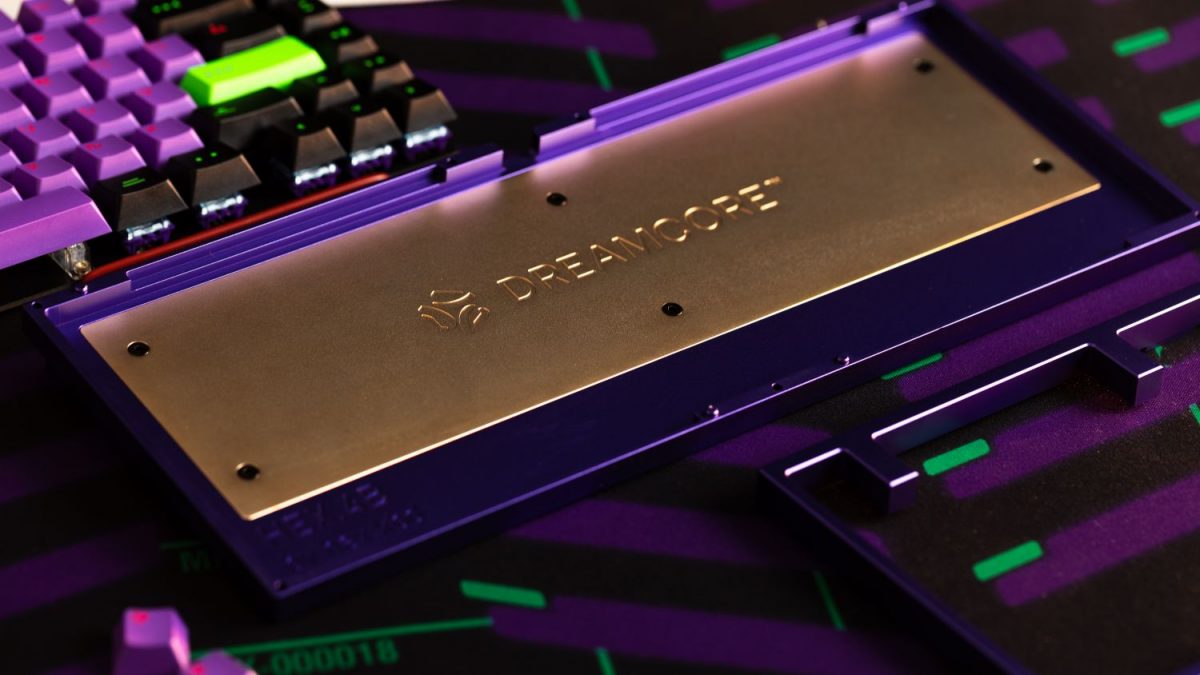
The PCB, short for Printed Circuit Board, assembly is mounted in the keyboard case by four rubber O-rings, which take the place of the more commonly-used poron or foam gaskets. Due to the PCB not being directly secured to a case or plate, this mounting style allows for a certain amount of flex and bounce when in use. The kit comes with o-rings of two different softness and flexibility, allowing the user to choose their preferred board flex.
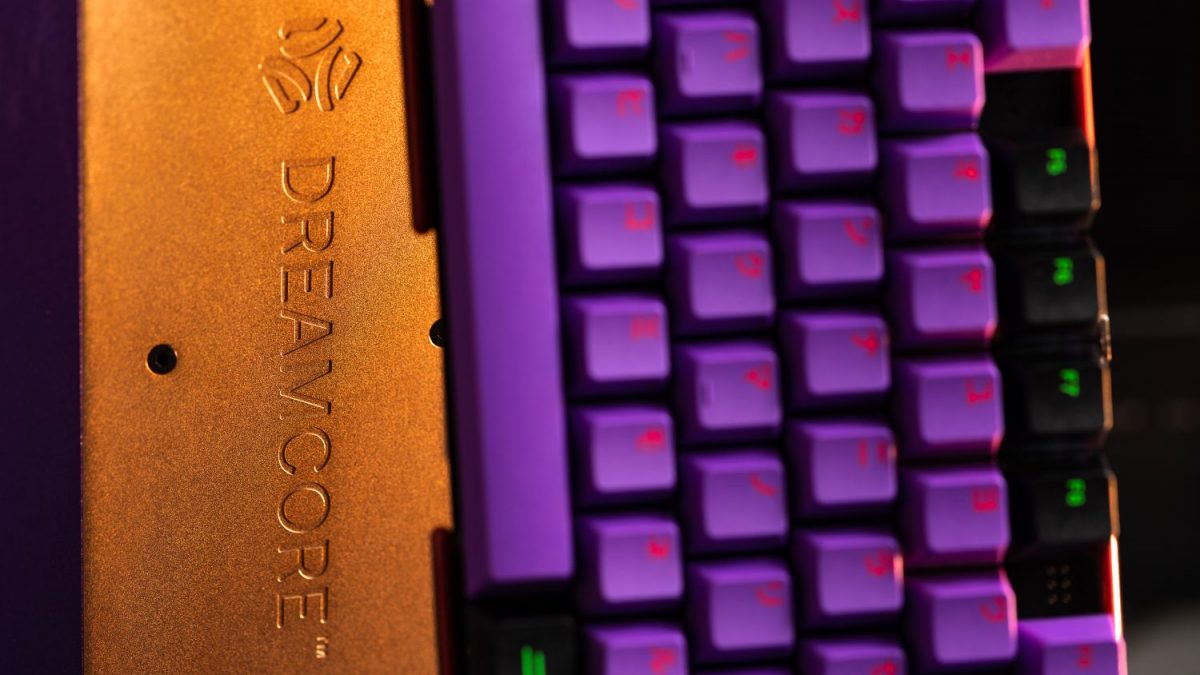
Switches are soldered onto the PCB directly as there is no switch plate used in this build. Plateless boards are less common compared to the majority of keyboards, which use an aluminum or polycarbonate plate in between the switches and PCB. A major downside to this plateless build is that the switches here are not hot-swappable and have to be soldered on for stability.
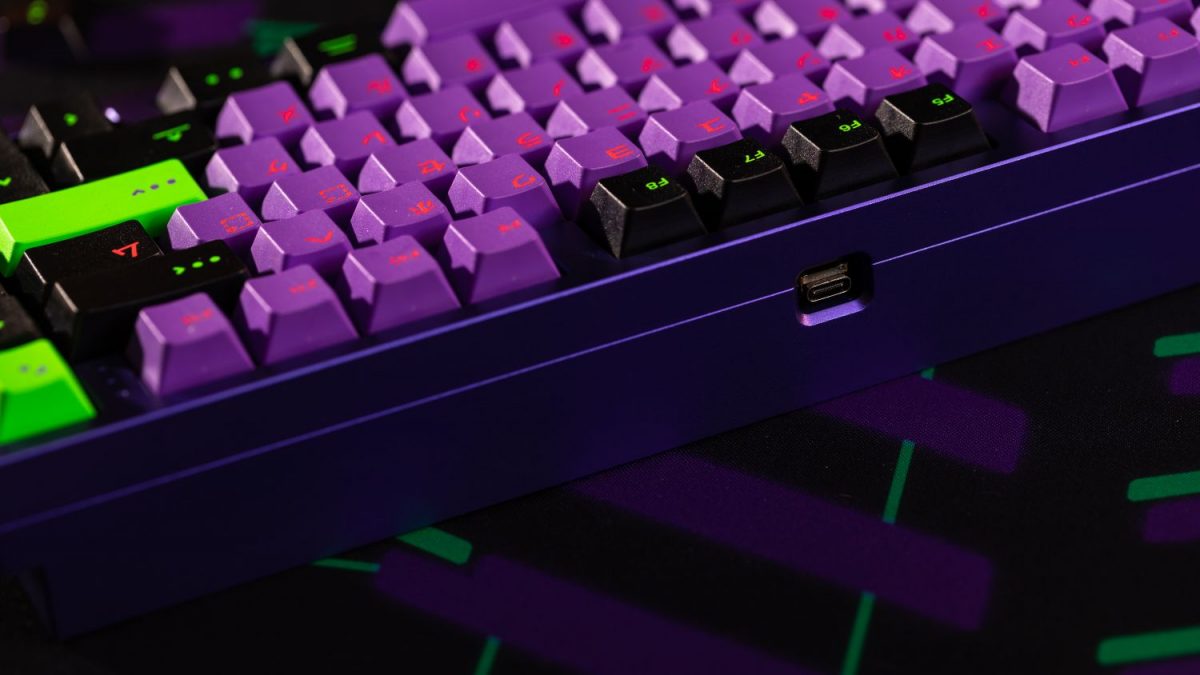
The PCB is also compatible with VIA, one of the easiest apps used for configuring keyboard keys with QMK firmware. Reconfiguring keybinds and remapping the keyboard to a preferred layout thus prove to be a breeze here. The keyboard is connected to the computer via a USB-C connector centred in the frame.
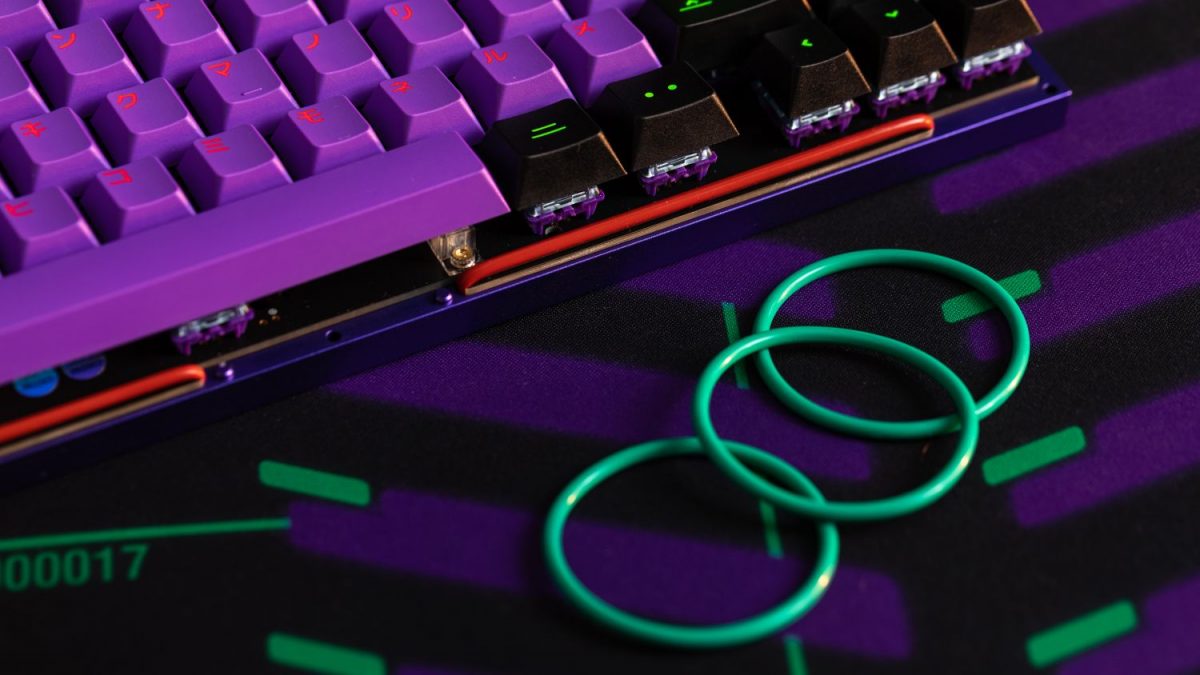
The Hex.4B has a very unique typing feel due to the rubber O-ring mounting style. With the bottoming out of every keystroke, users will be able to feel slight reverberations from within the board, as well as a subtle bounce of the switches. A slight flex in the board is detected when more typing force is present, especially along the edges of the frame. While the typing experience is quite comfortable at a 6.9-degree angle, a wrist rest is recommended as the keyboard has a relatively tall front height of 2cm.
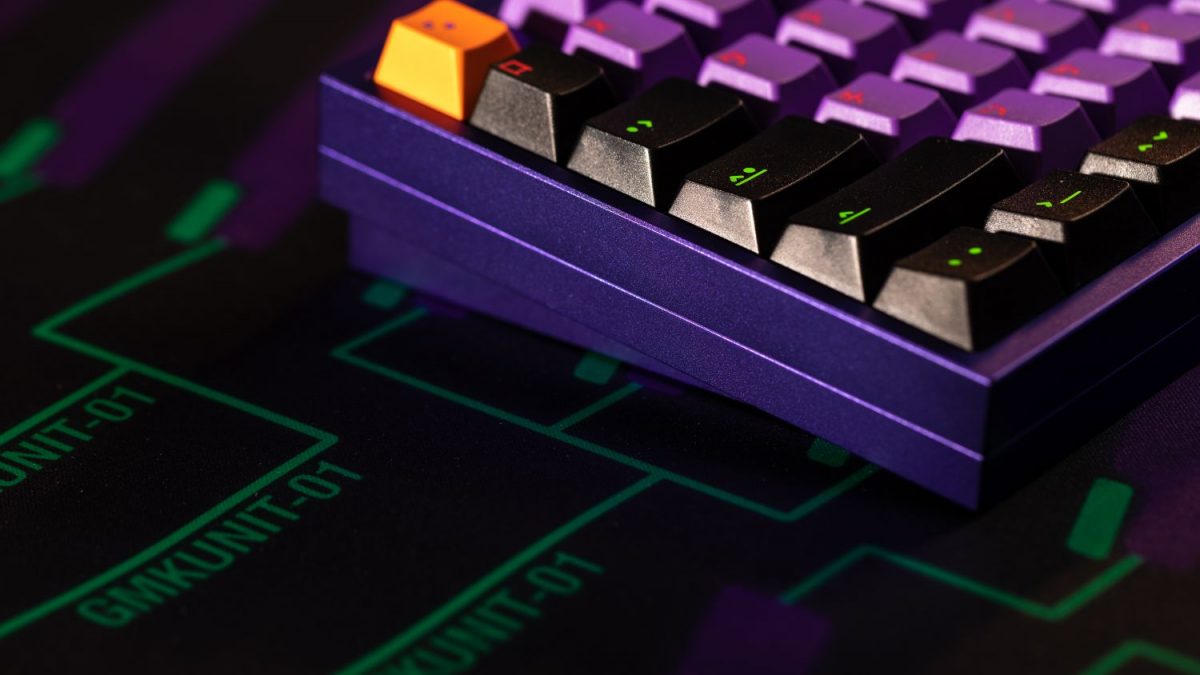
Our current Hex 4B came with Gopolar Azure Dragon switches, which are manufactured by Gateron. These are tactile switches with a very light and rounded bump, and feature a longer pole stem that results in a shorter bottom out distance. This creates the feeling of a faster and more responsive switch, alongside the added benefit of a nice sound (also known as a good thocc). A look at the numbers reveal an actuation force of 63g that increases to 67g at the bottom out position.
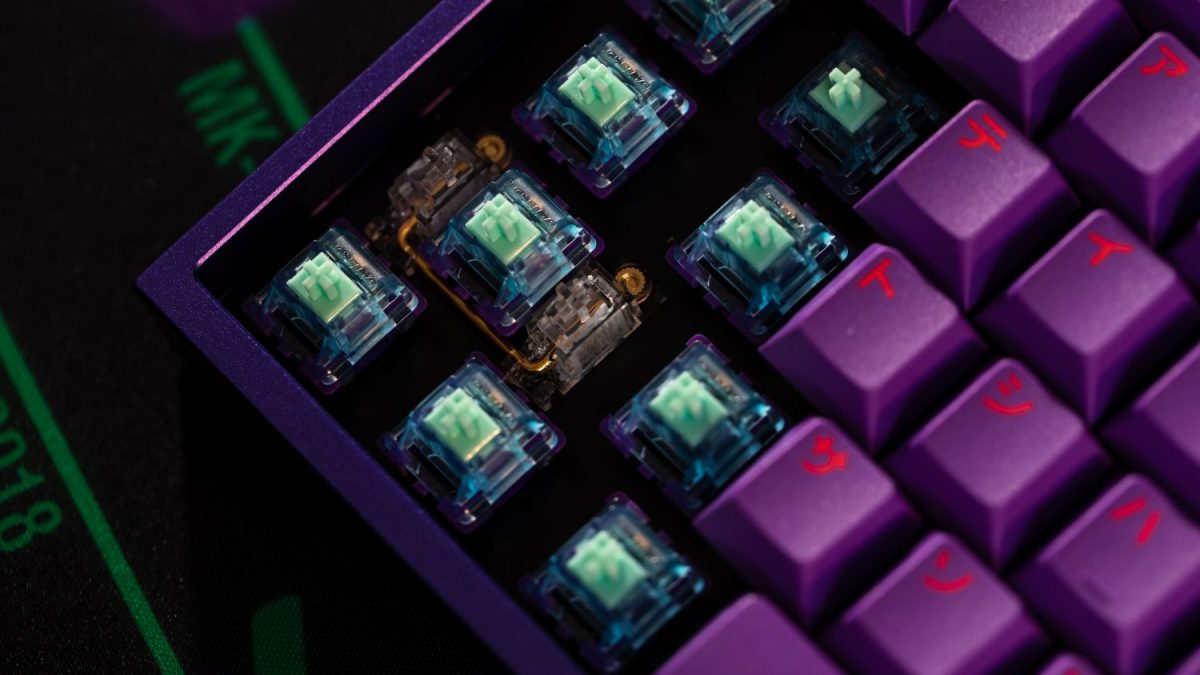
Typing sound is always subjected to the type of switches and keycaps being used, but this board has a good baseline of acoustics that can be paired pleasantly with most combinations. No hollowness or high-pitched pings were detected from the board itself. With the PBT keycaps that came with the board, every key press produced a deep “thock” sound; in comparison, using ABS keycaps from GMK gave rise to a more “clacky” sound. Depending on personal taste, some will prefer one over the other, so there’s no need to fret over which would make for a better pick.
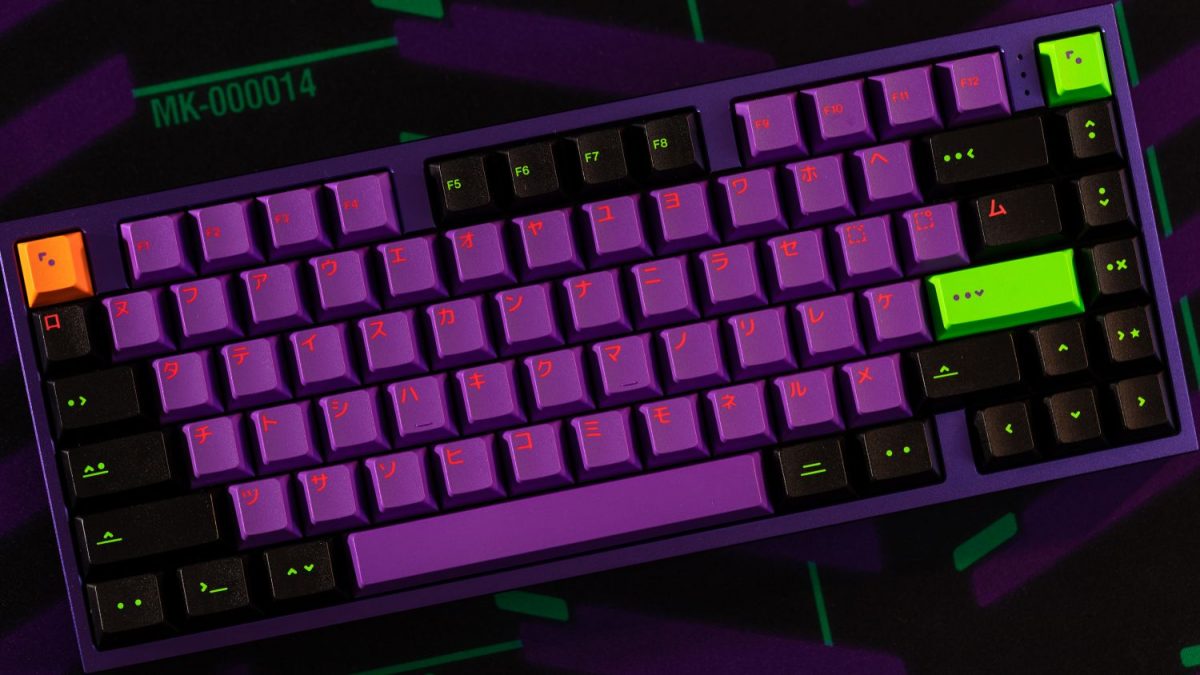
As of writing, both the barebone kit and fully assembled version for this Dreamcore edition has been fully sold out. Hex Keyboards also ran a group buy for the regular version of this keyboard, which includes a variety of other colours, including black, rose gold and e-white. For those who missed out, there’s always a second round of production to look forward to (fingers crossed!).
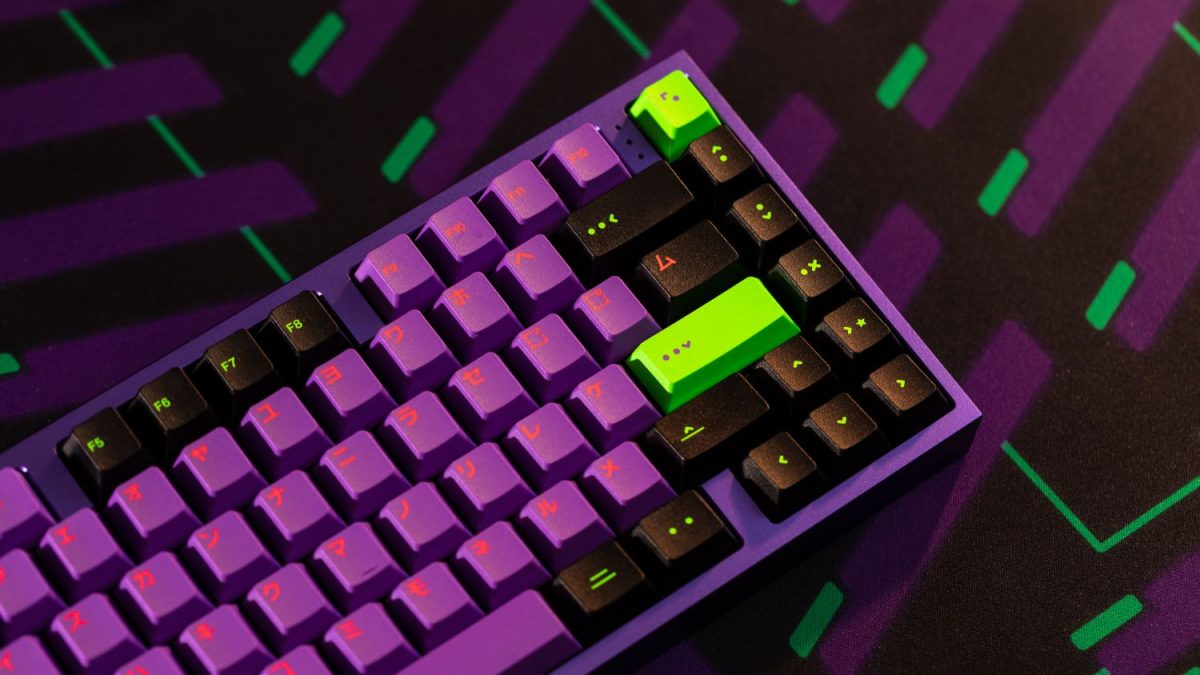
While the design of the board may feel lacking to some, the Hex 4B is a keyboard that hits way above its price point in terms of manufacturing quality, typing feel and sound. At S$350 for the barebones kit, it comes in at a price point that is slightly above the competition, namely the Keychron Q1 and the GMMK Pro, but delivers an experience closer to the more expensive and boutique boards.
Review configuration
Hex 4B Dreamcore Edition – Fully Assembled
- Gopolar Azure Dragon lubed with Krytox 205g
- Everglide v2 stabilisers, lubed with dielectric grease
- GMK Laser Clones
- Keycaps : GMK Mecha-01
- Deskmat: mecha-01 deskmat
GEEK REVIEW SCORE
Summary
A spectacular 75% plateless board that would fit right at home with custom keyboard enthusiasts, the Hex 4B offers an experience far above its price point.
Overall
8.2/10-
Aesthetics - 8/10
8/10
-
Build Quality - 9/10
9/10
-
Performance - 9/10
9/10
-
Value - 7/10
7/10
-
Geek Satisfaction - 8/10
8/10

